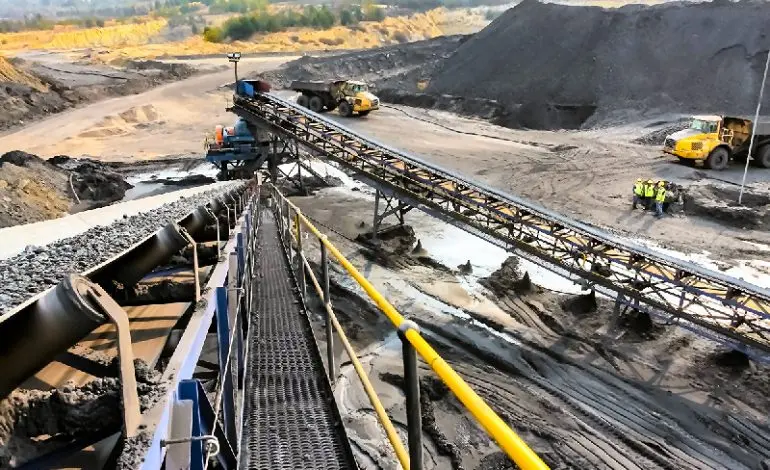
Algeria’s parliament has passed a new law permitting foreign companies to own up to 80% of mining projects, marking a major shift as the OPEC nation aims to diversify its economy.
- Algeria has passed a law permitting foreign companies to own up to 80% of mining projects to diversify its economy.
- The legislation aims to simplify investments, strengthen extractive industries, and reduce expensive imports.
- Algeria plans to develop phosphate, iron ore, lead, and zinc reserves to expand its mineral exports.
Algeria’s parliament has passed a new law permitting foreign companies to own up to 80% of mining projects, marking a major shift as the OPEC nation aims to diversify its economy.
Most lawmakers present voted in favour of the new law on Monday. According to authorities, the legislation aims to simplify the investment process, strengthen the extractive industries, and reduce the country’s reliance on costly imports worth billions of dollars, Bloomberg reported.
DON’T MISS THIS: Africa’s richest man, Aliko Dangote, steps down from one of his major establishments
Algeria, a major natural gas supplier to Europe, borders mineral-rich nations like phosphate-producing Morocco and gold-exporting Mali. While its mineral exports remain limited, Algeria is now working to develop significant reserves of phosphate, iron ore, lead, and zinc.
Strengthening the mining sector could help Algeria reduce its long-standing reliance on hydrocarbons, which currently account for over three-quarters of exports and roughly half of government revenue, leaving the country highly exposed to fluctuations in global energy prices.
The International Monetary Fund, projecting 3.5% economic growth for Algeria this year, has encouraged the government to diversify its income sources and attract more private investment.
Under the newly approved legislation, companies will be able to obtain a single mining permit valid for up to 30 years, covering both exploration and extraction activities. The bill now moves to Algeria’s senate, which rarely challenges decisions made by the lower house.
DON’T MISS THIS: The African country suffering the most from Iran’s and Israel’s missile strikes
Regional trend
Meanwhile, African countries have been advancing ownership laws, particularly in areas such as natural resources, land, and foreign investment, to ensure that their citizens benefit more directly from the wealth generated within their borders.
Countries like South Africa, along with junta-led states such as Mali, Burkina Faso, and Niger, have recently drawn attention to introducing or strengthening such legislation as part of broader efforts to reclaim national control over key assets and strategic industries.












